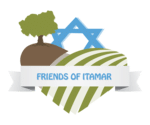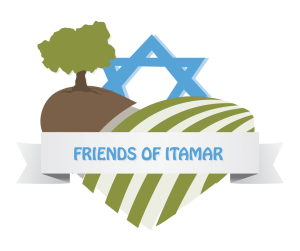Tu B’shvat Rectifying the Forbidden Fruit 2009
Tu B’shvat (2009)– Rectifying the forbidden fruit February 6, 2009 “For the Lord is bringing you into a good land … a land of wheat and barley, vines and fig trees
Parashat Bo 5769
Bo January 28, 2009 The combining of the letters bet and aleph form the name of our parsha, “Bo”. In gematria this equals the number three (aleph being one and bet bein
Parashat Shemot 5769
Shemot January 2009–01–15 Aside from beginning a new book in the Torah, a new era also begins for the people of Israel, as we read in the opening of the Parasha “a new ki
Parashat Vayeshev 5769
Vayeshev- Mikaytz December 26, 2008 Last week in parashat Vayeshev we began the stories of Yosef and his brothers. The Torah portion begins with the following verses: “Now Ja
Parashat Vayeshev 5769
Vayeshev December 18, 2008 What can we say about Yosef other than his being simply “successful” in all realms. He is talented, beautiful, and distinguished looking. He
Parashat Vayishlach 5769
Vayishlach December 12, 2008 Our forefathers didn’t have it easy, to say the least. Ya’akov Avinu never experienced leisure or rest. He was born into hard times, and ev
Parashat Vayetzeh 5769
Vayetzeh December 5, 2008 How the house of Israel originated, sprouted forth and gave form to the kingdom of the Jewish people, was a process of refinement. As each Tzaddik was ext
Vayera 5769
Vayera- Chayei Sarah November 11, 2008–11–16 “The nerve of her!.” when someone says that about you it usually is not a compliment. In fact being nervy and chutzpahd
Lech Lecha 5769
Lech Lecha November 6, 2008 People like to be in control of their lives. They have their date books all planned out, their weeks scheduled and like to know what will be… But ther
Bereishet 5769
Bereishet- Noach 2008–10–31 Hashem looked into the Torah and created the world. From this concept we understand that the Torah comes before everything in all circumstances. The

